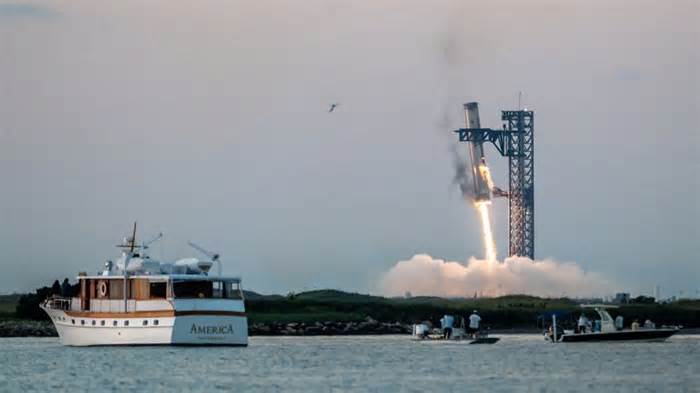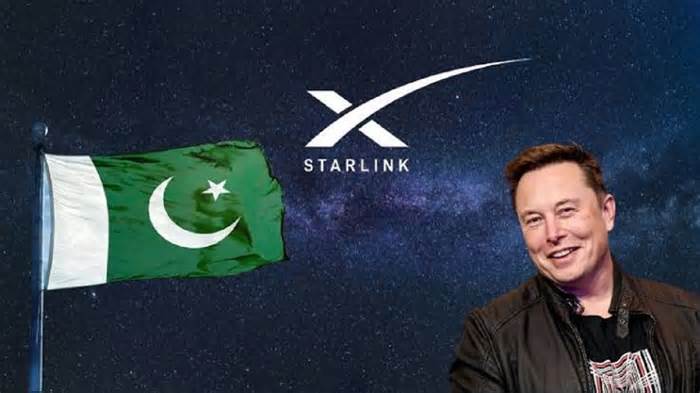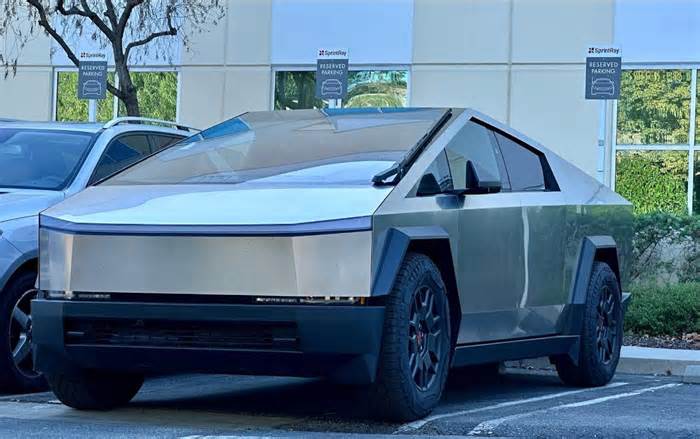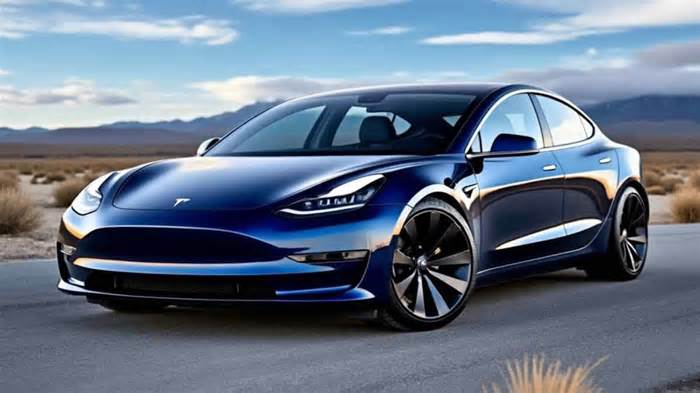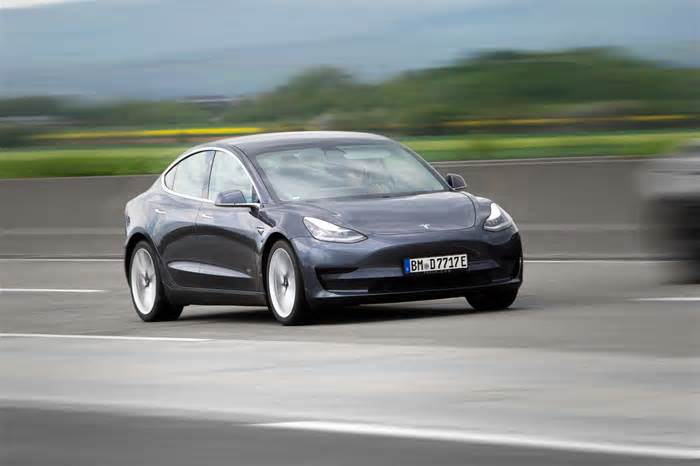
Russian Attacks On SpaceX Dishes Match Angry Threats Against Elon Musk
- by Forbes
- Nov 01, 2024
- 0 Comments
- 0 Likes Flag 0 Of 5
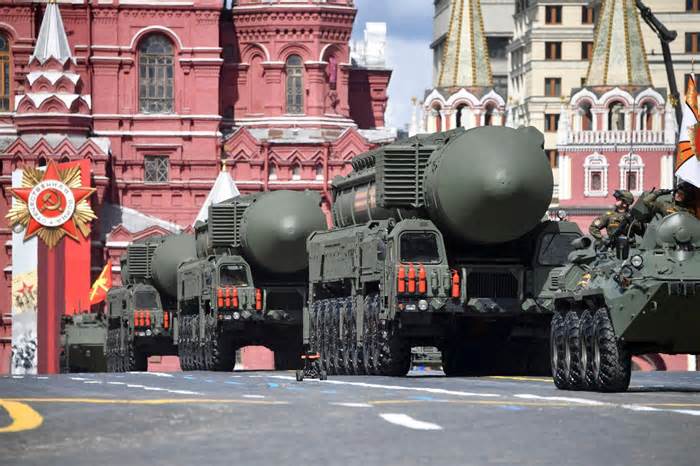
Since then, Moscow has deployed advanced Su-34 fighter bombers, Tornado-S multiple launch rocket systems and Lancet kamikaze drones to seek out and destroy Starlink transceivers across Ukraine.
Russia has deployed its advanced Su-34 fighter-bombers to seek out and destroy SpaceX Starlink
... [+] transceivers across Ukraine AFP PHOTO / POOL / ALEXANDER ZEMLIANICHENKO (Photo credit should read ALEXANDER ZEMLIANICHENKO/AFP via Getty Images)
AFP via Getty Images
Yet in a story that has ricocheted around the world, The Wall Street Journal reported last week that: “Elon Musk, the world’s richest man and a linchpin of U.S. space efforts, has been in regular contact with Russian President Vladimir Putin since late 2022.”
In the dramatically titled “Elon Musk’s Secret Conversations With Vladimir Putin,” the five WSJ reporters who penned the article didn’t identify any of their sources by name or even government title, rather citing “several current and former U.S., European and Russian officials.”
“Knowledge of Musk’s Kremlin contacts appears to be a closely held secret in government,” they reported. “Several White House officials said they weren’t aware of them.”
“One person aware of the conversations,” they wrote, conceded that “no alerts have been raised by the administration over possible security breaches by Musk.”
As a whirlwind of press reports based on the WSJ article swept across the continents, Senator Marco Rubio of Florida issued a statement criticizing Musk’s trial by media: “Anybody who has contracts with the U.S. government undergoes a constant review for security background and clearances.”
“I will tell you that without SpaceX, I don't know how we're going to rescue our astronauts that are stuck in space,” Senator Rubio stated. “All that said, I can't opine on whether Musk called Putin or not, because I don't know, and he's a private citizen. If that imperils his clearance, there's a process for all of that. It’s not through the media ….”
One reporter probably has closer insights than anyone else on Musk’s attempts to shield himself and SpaceX from the bombardment of Kremlin threats while balancing his dealings with the major players in the life and death struggle over the Ukraine invasion: Walter Isaacson, Musk’s hand-picked biographer, became embedded in the SpaceX inner circle for two years as he crafted his blockbuster book Elon Musk, even as Russian tanks and missile brigades began crashing across the border to spearhead their invasion.
Isaacson, who’s scripted a series of bestselling bios on world-changing figures like Albert Einstein and Steve Jobs, reveals in the memoir that late one evening in September of 2022, Musk frantically contacted him to tell him about Russia’s just-issued threat to explode a nuclear warhead in Ukraine - in revenge for a planned attack using submarine drones, guided by Starlink technology, against the Russian fleet stationed in occupied Crimea.
In an excerpt from the book, “The untold story of Elon Musk’s support for Ukraine,” published in the Washington Post, Isaacson disclosed that Russia’s ambassador to the U.S., Anatoly Antonov, had just warned Musk the Kremlin would use the most powerful weapons in its arsenal if the drone subs hit its navy.
“The ambassador had explicitly told him [Musk] that a Ukrainian attack on Crimea would lead to a nuclear response,” Isaacson recounted.
Musk, in turn, refused Ukrainian appeals to extend the coverage of the Starlink system to reach Crimea’s port, the headquarters of the Russian Black Sea Fleet, to carry out the planned Pearl Harbor-style assault.
While engaging in backstage diplomacy with the Russian envoy to forestall a nuclear strike, Musk also shot off an urgent message - via Twitter - to Ukrainian President Volodymyr Zelensky:“Trying to retake Crimea will cause massive death, probably fail & risk nuclear war.”
The SpaceX leader also rushed to brief White House National Security Advisor Jake Sullivan and General Mark Milley, then-chairman of the Joint Chiefs of Staff, on the looming crisis, Isaacson reported.
At that time, President Joe Biden and his security team projected that the likelihood of Russia unleashing a nuclear bomb in Ukraine had risen sharply, according to reporting by The New York Times.
“President Vladimir V. Putin of Russia has repeatedly threatened the use of nuclear weapons against Ukraine, including during a crisis in October 2022, when Mr. Biden and his aides, looking at intercepts of conversations between senior Russian commanders, feared the likelihood of nuclear use might rise to 50 percent or even higher,” the Times reported.
Elon Musk raced to brief White House National Security Advisor Jake Sullivan and General Mark
... [+] Milley, then-chairman of the Joint Chiefs of Staff, on the looming nuclear crisis. (Photo by Mark Wilson/Getty Images)
Getty Images
Could Musk’s moves to deescalate the conflict, via his backchannel talks with Ambassador Antonov and limits on the use of Starlinks by Ukraine’s democratic resistance, have been one factor in tipping the balance in favor of Russia freezing its plan to deploy tactical nuclear weapons?
Musk came under fire in the U.S. for placing limits on Ukraine’s weaponization of Starlink navigation and guidance technology, but it remains a puzzle whether that helped prevent a Russian nuclear strike.
His placing territorial restrictions on the use of SpaceX Starlink technology by Ukraine’s resistance paralleled the White House ban on using American weapons to hit targets inside Russia, says Ron Gurantz, an associate professor at the School of Advanced International Studies at Johns Hopkins University.
Professor Gurantz, an expert on space power and security, states in a paper for the U.S. Army’s Strategic Studies Institute that Musk “decided not to activate Starlink because he worried such an attack could cause escalation, or perhaps even nuclear war, between Russia and the United States.”
“Would the US government have made the same decision?”
The U.S. had similarly held back on supplying Ukraine with weapons that could reach Crimea, Professor Gurantz reported in his fascinating, just-released study, “Satellites in the Russia-Ukraine War.”
“Moreover, recent reports suggest the Biden-Harris administration was extremely worried at the time about a scenario in which a Ukrainian offensive against Crimea could provoke Russia to use nuclear weapons.”
“The decision to limit Starlink,” Gurantz concluded, “may not have been different if government officials had been involved.”
Check out
Please first to comment
Related Post
Stay Connected
Tweets by elonmuskTo get the latest tweets please make sure you are logged in on X on this browser.
Sponsored
Popular Post
Middle-Aged Dentist Bought a Tesla Cybertruck, Now He Gets All the Attention He Wanted
32 ViewsNov 23 ,2024
Tesla: Buy This Dip, Energy Growth And Margin Recovery Are Vastly Underappreciated
28 ViewsJul 29 ,2024






 Energy
Energy




